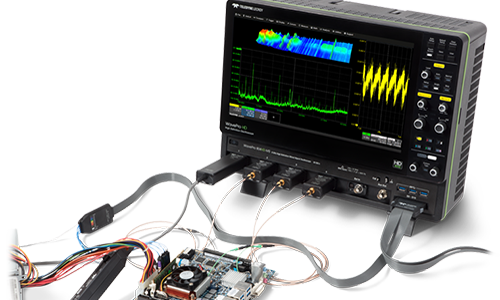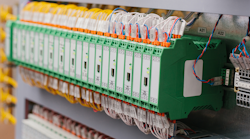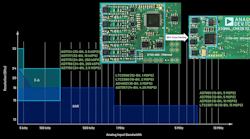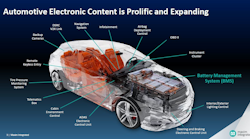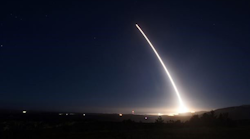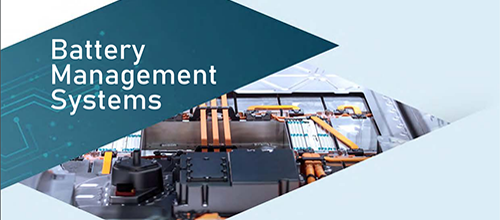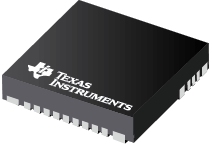Nearly all major automotive manufacturers and several startups are developing self-driving vehicles, and many of their testing programs take place on public roads in California. Currently, there are 62 Autonomous Vehicle Testing Permit holders, 688 approved vehicles and 2650 approved drivers according to the State’s Division of Motor Vehicles (DMV). Here’s a recent list:
Cruise (GM):163 vehicles and 989 drivers
Waymo: 125 vehicles and 368 drivers
Apple: 69 vehicles and 110 drivers
Tesla: 47 vehicles and 136 drivers
Zoox: 29 vehicles and 94 drivers
Nuro: 24 vehicles and 77 drivers
Lyft: 20 vehicles and 33 drivers
As first reported by the websitemacReports, Apple’s numbers are down from the reported 72 cars on the road and 144 drivers last month. That should not be surprising, since Apple made aseries of personnel cuts to its Project Titan autonomous driving groupearlier this year.
加州DMV提议修改第三条.7, sections 227.26 and 227.28 related to the testing of autonomous vehicles, and section 228.02 in Article 3.8, related to the deployment of autonomous vehicles.
California Senate Bill 1298 (Chapter 570; Statutes of 2012) enacted Vehicle Code 38750, which requires the California DMV to adopt regulations necessary to ensure the safe operation of autonomous vehicles on public roads, with or without the presence of a driver inside the vehicle. Senate Bill 1298 did not restrict the testing or deployment of autonomous vehicles on public roads to vehicles capable of carrying passengers. However, Section 227.28 of the existing regulations specifies that certain vehicles shall not be approved for testing or deployment.
One of the vehicle types excluded under Section 227.28 is motor trucks, defined by the DMV as “a motor vehicle designed, used, or maintained primarily for the transportation of property.” Motor trucks delivering goods or products are subject to regulation by the DMV and are thus currently excluded from testing or deployment on public roads.
Pickup trucks such as this Ford F-150 would be admitted to autonomous driving test programs in California under the state DMV’s proposed rule changes. (Source: Ford)
Due to the current restrictions on testing and deployment, some manufacturers interested in developing autonomous motor trucks have been forced to move their testing operations to other states. Those manufacturers indicated an interest to test and initiate pilot programs involving autonomous motor trucks in California. As a result, the department wants to amend Section 227.28 to include the testing or deployment of autonomous vehicles that can be classified as a motor truck with a gross vehicle weight rating (GVWR) of less than 10,001 pounds and are designed or used to deliver goods or products.
By way of background, the U.S. Department of Transportation puts trucks into classes by GVWR ranked from 1 to 8 (smallest to largest). GVWR refers to the maximum operating weight a truck can possibly carry while driving,including the truck itself.
So, if a truck’s GVWR is 10,000 pounds, that’s the most the manufacturer and government have certified the truck to possibly weigh with fuel, passengers, and cargo. Vehicles within this weight restriction include cargo vans, SUVs, most pickup trucks, and minivans including modern so-called “half-ton” pickups you may be familiar with, such as the Ford F-150, Chevrolet Silverado, GMC Sierra, Ram 1500, Toyota Tundra, and Nissan Titan. All of these are considered “Light Duty” trucks and will fit the proposed new regulation.
That means only Class 1 and 2 trucks—again, which include minivans, pickup trucks, utility vans, and step vans—could receive permits for testing under the proposed rule. Testing of vehicles in Class 3 through 8—which include semis, tractor-trailers, walk-in delivery trucks, buses, and construction vehicles—would not be allowed under the new rules.
The new provisions also are designed to ensure that vehicles are operated for testing purposes only—not to generate revenue from providing product transportation or delivery services.
A public hearing has been scheduled to give interested parties an opportunity to provide statements, both oral and in writing, on this proposed regulatory action. The California DMV will hold the hearing beginning at 10:00 A.M. on Thursday, May 30, 2019, at the department’s headquarters complex at 2415 First Avenue, Sacramento, Calif. The public hearing will be held in the Assembly Room, which is accessible to persons with disabilities. The Assembly Room is located in a secure area of the building, so attendees are asked to check-in at the security station.


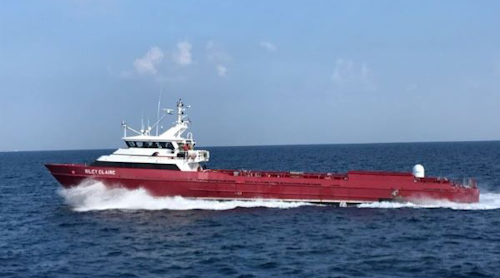
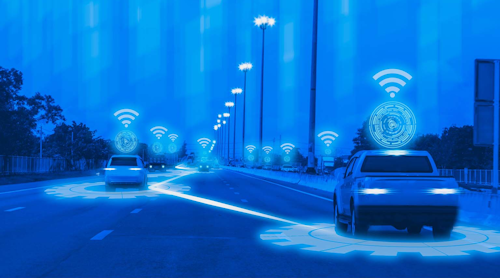
_and_Applications.png?auto=format&fit=crop&h=139&w=250&q=60)

